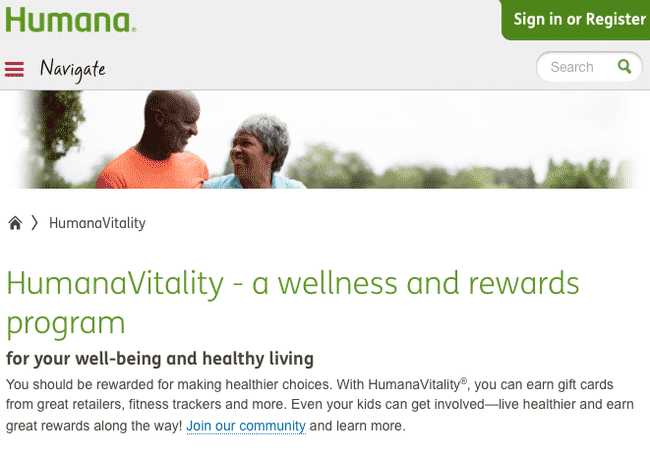The Dark Side of the Internet of Things

We’ve all heard the terrible stories about how the Internet of Things will be insecure, or how it’ll enable despots to watch our every move, or how it’ll enable insurance providers to charge us more money if we don’t provide them adequate information.
Well, that last one just came true, courtesy of a program called Humana Vitality >.
The program
Here’s how it works. You wear a device, like a FitBit or something similar, and you report to Humana how healthy you are. If you stay within certain tolerances, you get a discount on your health insurance!
It’s not super creepy because it’s only a discount, you understand. It’s not like they’re raising your rates unless you do it. That would be bad.
Oh, wait. Here’s the text from a page I’m looking at in their health packet.
Act now to keep your rates the same in 2016!
Yeah. So the truth of the matter is that if you don’t submit to this plan, you’ll take a $20 increase in your rates per pay period.
Analysis
Hold on. Is this really that bad? Why not give people an incentive to be more healthy?
I think the problem isn’t so much this program as it is what this program signifies. What it means is that as IoT, and wearables, and any other ubiquitous information gathering technologies gain traction, insurance and similar entities will start to make it implicit that you’re participating and consider you worthy of notice if you don’t.
That’s the scary part.
Don’t want to submit your health information to the insurance companies? You must be unhealthy, so your rates go up.
Don’t want to submit your finances and whereabouts to the authorities? You must be a criminal, now we can tap your phones.
Etc.
We may not be living in a dystopia just yet, but we damn sure just bought the starter kit on Amazon.
Notes
I think it’s possible to fight back against the obvious negative forces coming out of IoT, wearables, and big data that will bring dystopian influences. The key is to realize that these things are going to become possible, that market forces will demand they exist, and then to ensure that some countermeasures are put in place to protect our privacy.